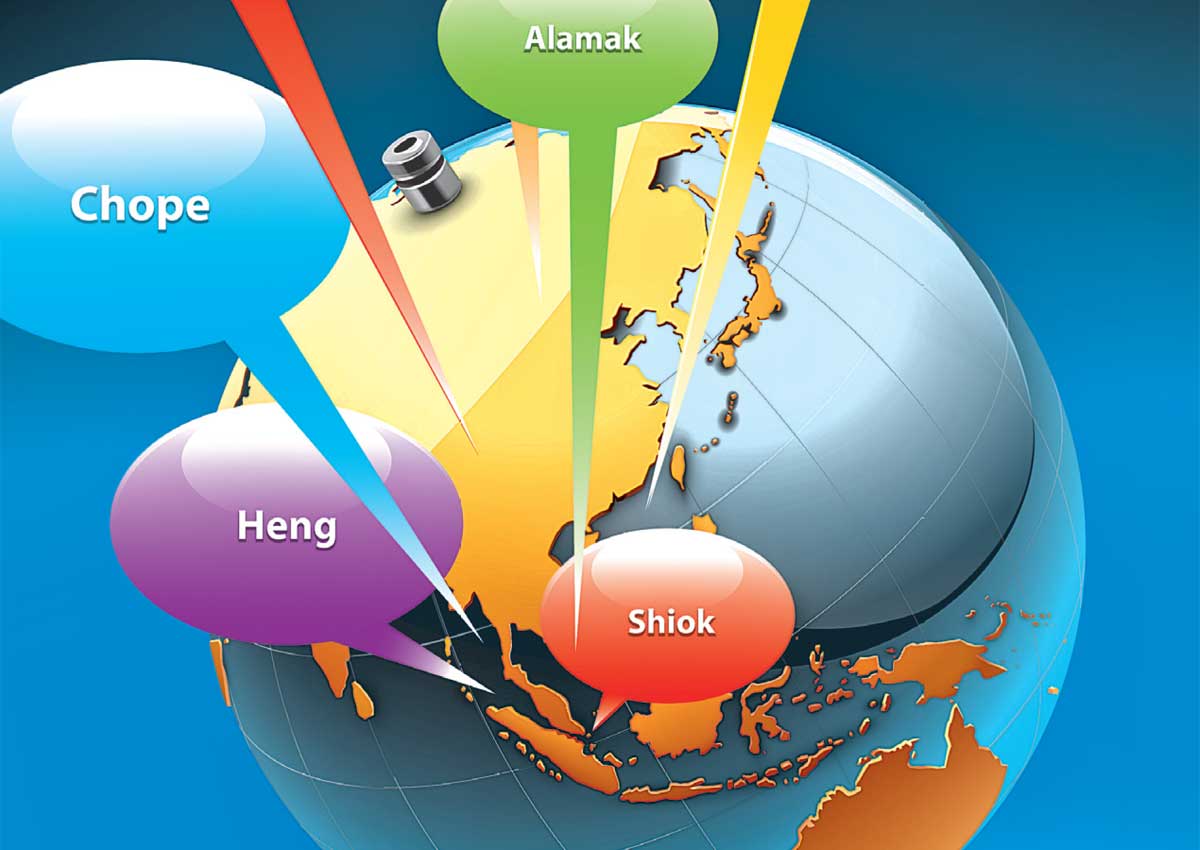Using Singlish words like “sabo” or “kiasu” in your English composition assignments?
You will not be penalised if you include these terms “appropriately”, said the Ministry of Education (MOE).
Responding to queries, the ministry said for formal communication in general, students should not use Singlish in its written or spoken forms.
But there are exceptions.
In composition writing, for instance, MOE said “Singlish words should be used only appropriately, usually in direct speech”.
For example, a student will not be penalised for writing sentences such as “I have decided to ‘sabo’ my friend and play a nasty prank on him” or “She is by nature a ‘kiasu’ person and will wake up extra early to queue for the latest release”.
It is understood that despite this, standard English grammar still has to apply.
MOE’s clarification on when Singlish words are allowed comes as a number of Singlish words were recently added to the Oxford English Dictionary (OED).
Several parents interviewed are glad that the appropriate use of Singlish terms in compositions will not see their kids lose marks.
Housewife Lydia Tan, 38, who has a six-year-old son, said: “Students sometimes express themselves better with Singlish. Singlish words may add colour to an essay.”
But IT manager Robert Tan, 46, who has two teenage daughters, said: “Some people who aren’t familiar with our local culture may not know what the terms mean.”
An MOE spokesman said Singlish may not be understood in certain contexts. “Therefore, it is important that we continue to teach internationally acceptable English to our students so that they are intelligible, literate and articulate internationally, especially if Singaporeans continue to aim for greater global participation,” she added.
The OED, in its March quarterly update, added to its lexicon 19 new “Singapore English” items such as “blur” (meaning slow in understanding), “lepak” (to loiter aimlessly or idly) and “sabo” (which means to make trouble for or play a prank on).
Other terms added included local food favourites like “chilli crab” and “char siu”.
Experts, such as Ludwig Tan, vice-dean at SIM University’s School of Arts and Social Sciences, said having Singapore words in the OED adds colour and expressiveness to the English language.
“And who knows, some of these words may actually become widely used and internationally intelligible one day.”
Late last month, an online petition was started by freelance writer and translator Goh Beng Choo to remove the term “Chinese helicopter” from the OED. It refers to a Chinese-educated person in Singapore who speaks English poorly.
Madam Goh, 64, said the inclusion of the term in the dictionary gives the impression that it is acceptable.
“It carries a humiliating tone, especially when it is derived from a mispronounced term for ‘Chinese-educated’,” she added. The petition has more than 480 signatures.
However, the OED said once a word is added to the dictionary, it is never removed.
The OED’s world English editor Danica Salazar said: “Any language community should be proud of their own words, as each is a reflection of their identity, which is shaped by their culture and history.”
calyang@sph.com.sg

Get MyPaper for more stories.

























